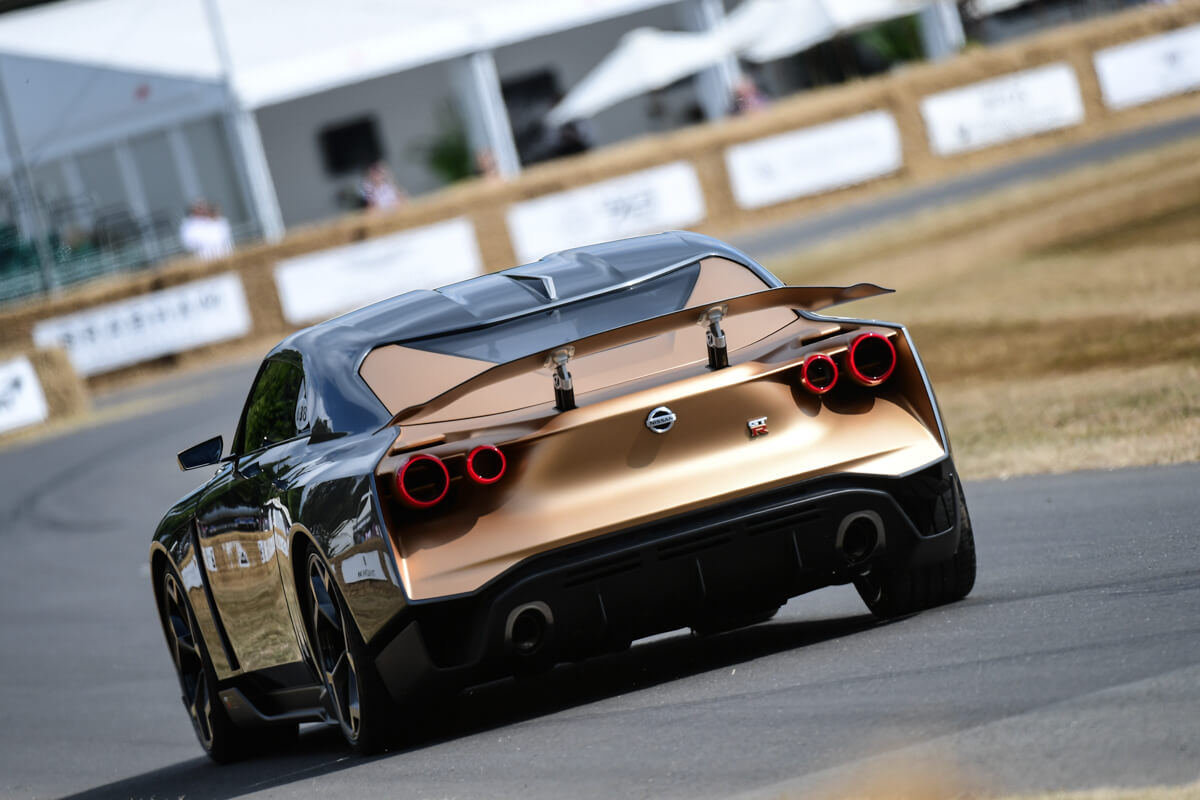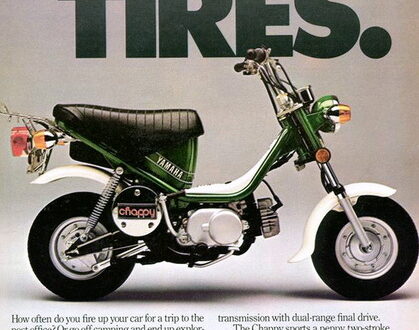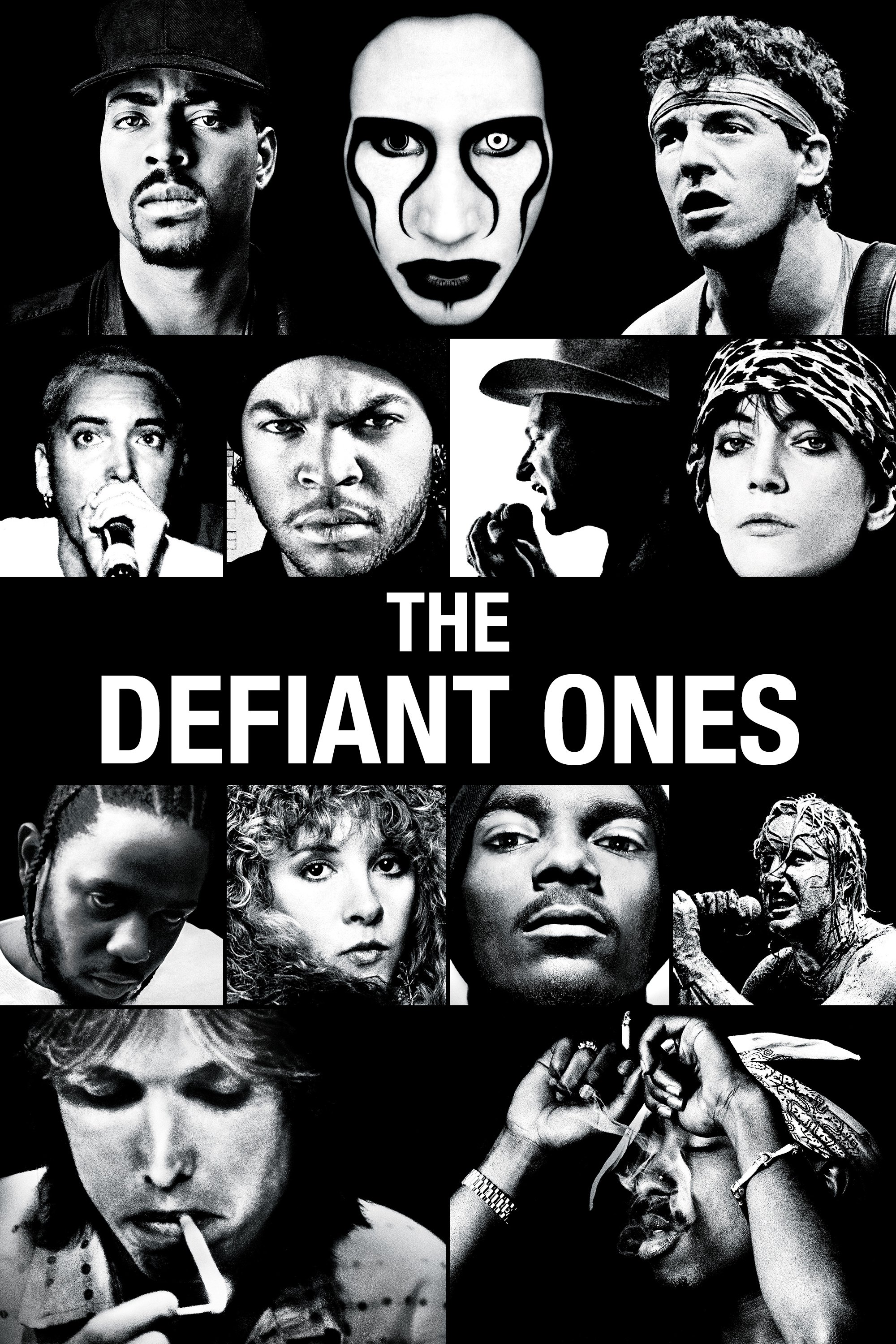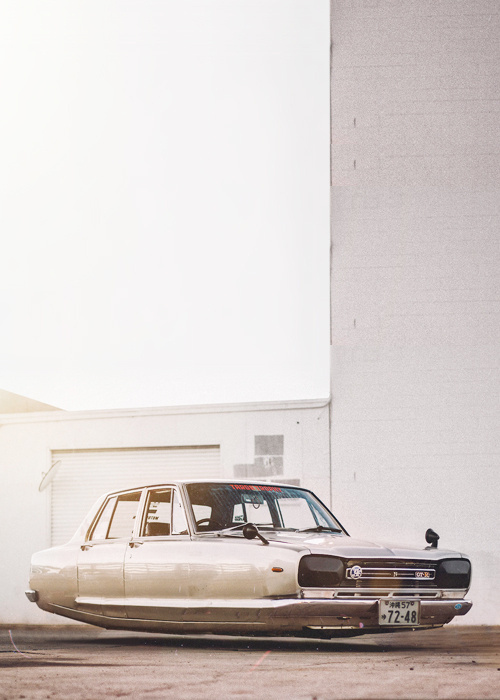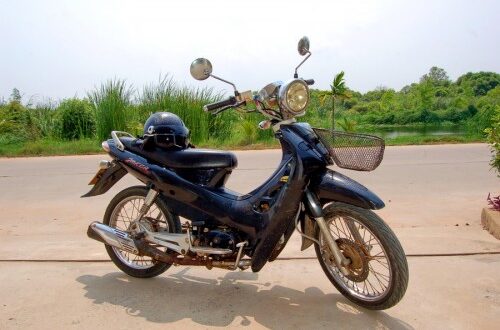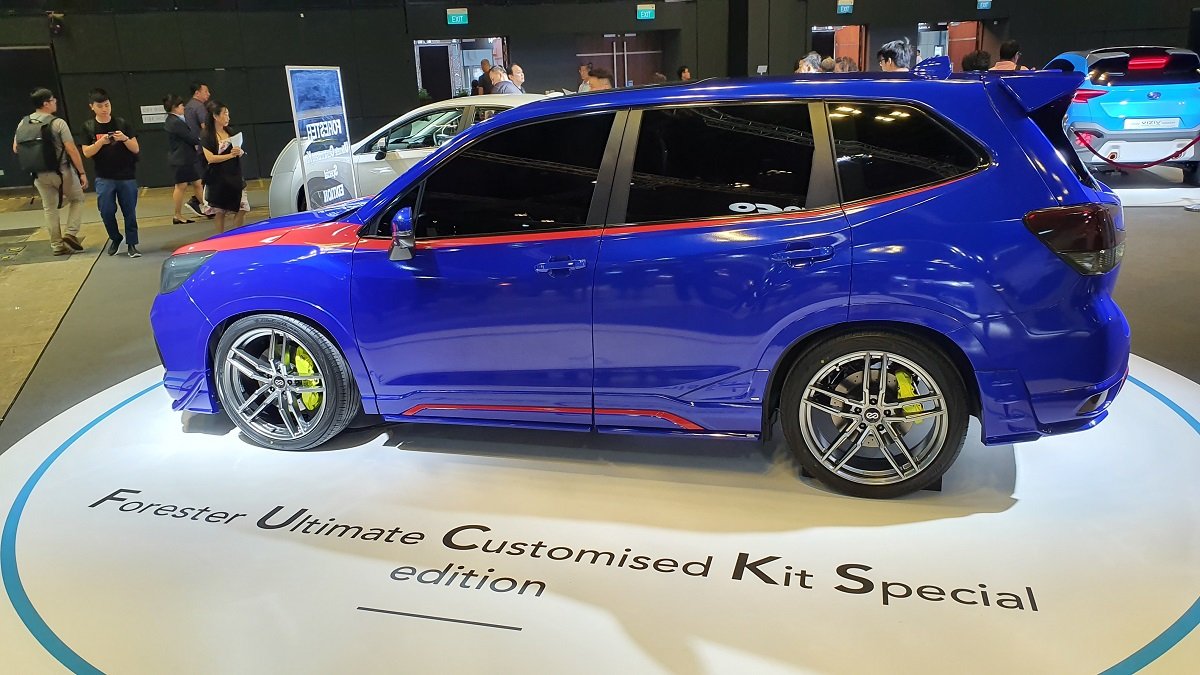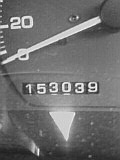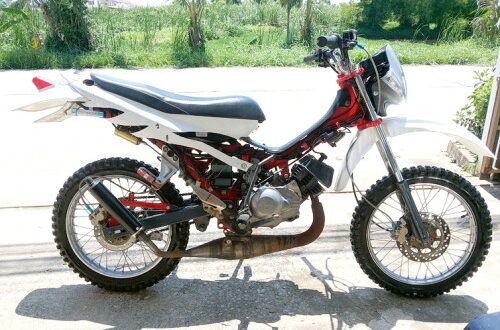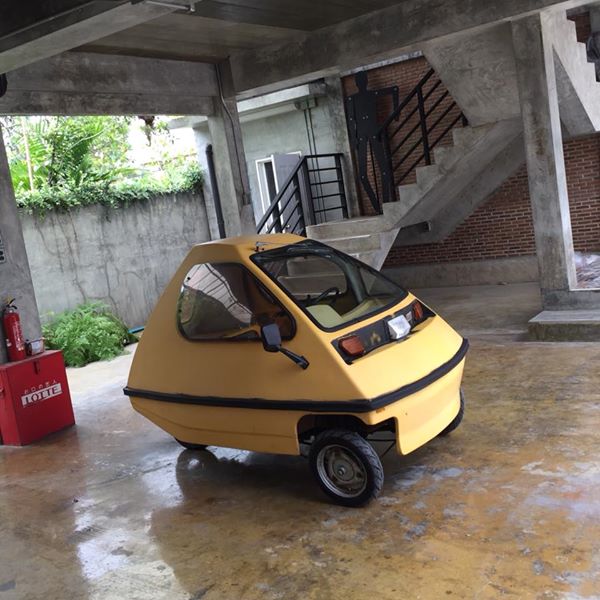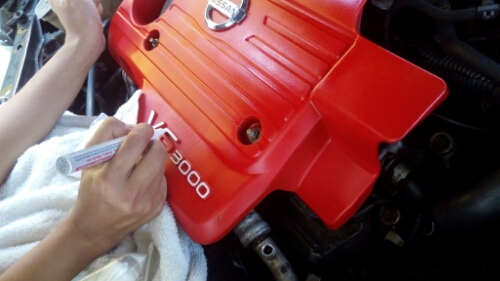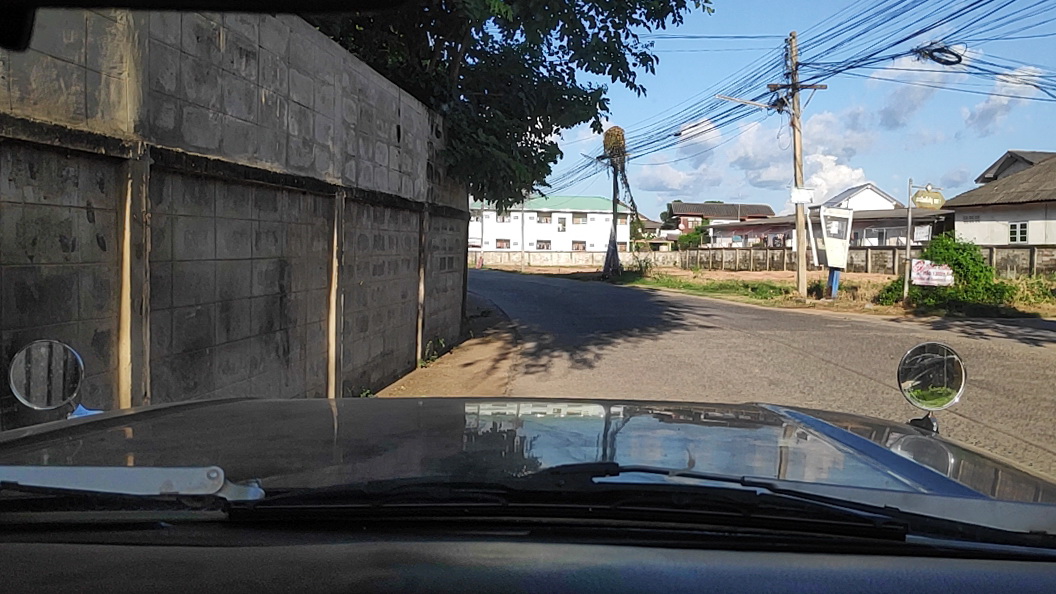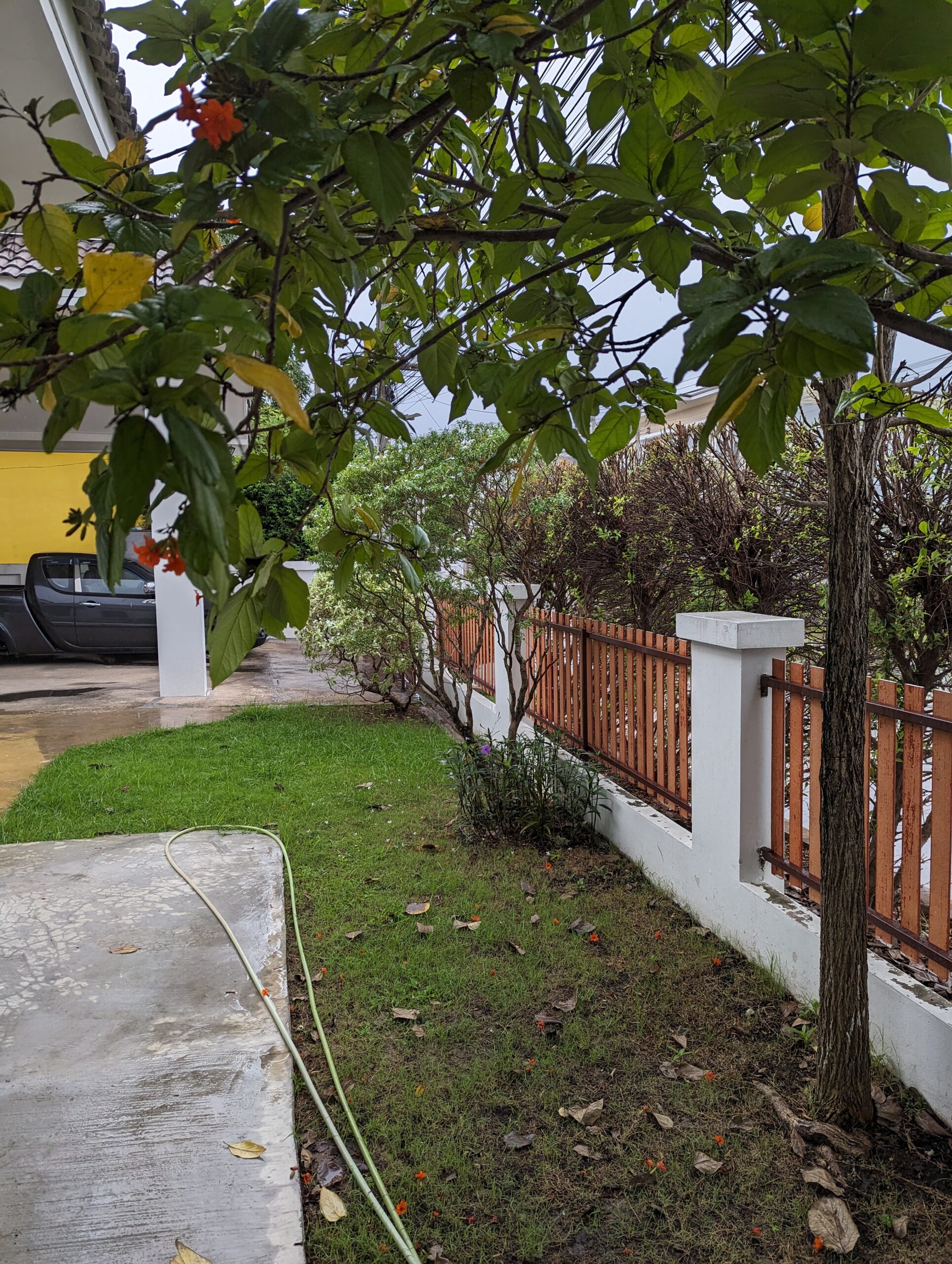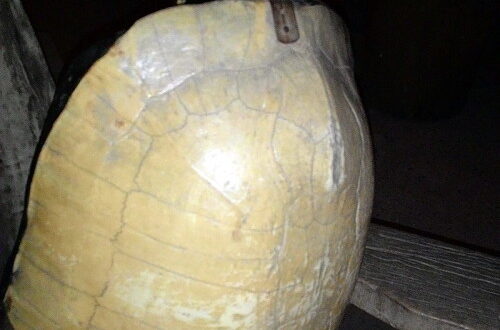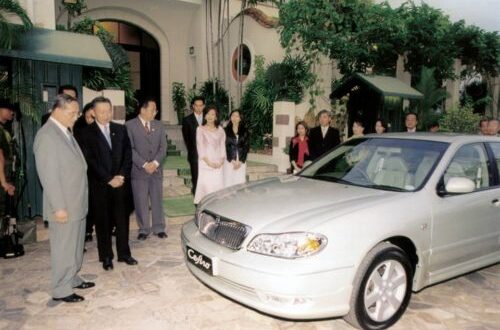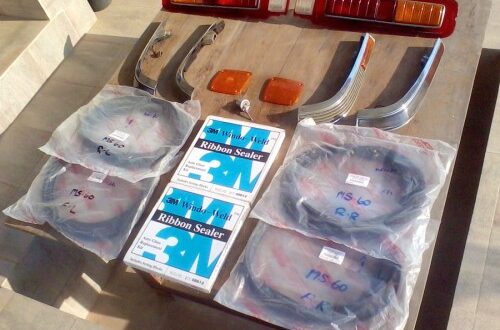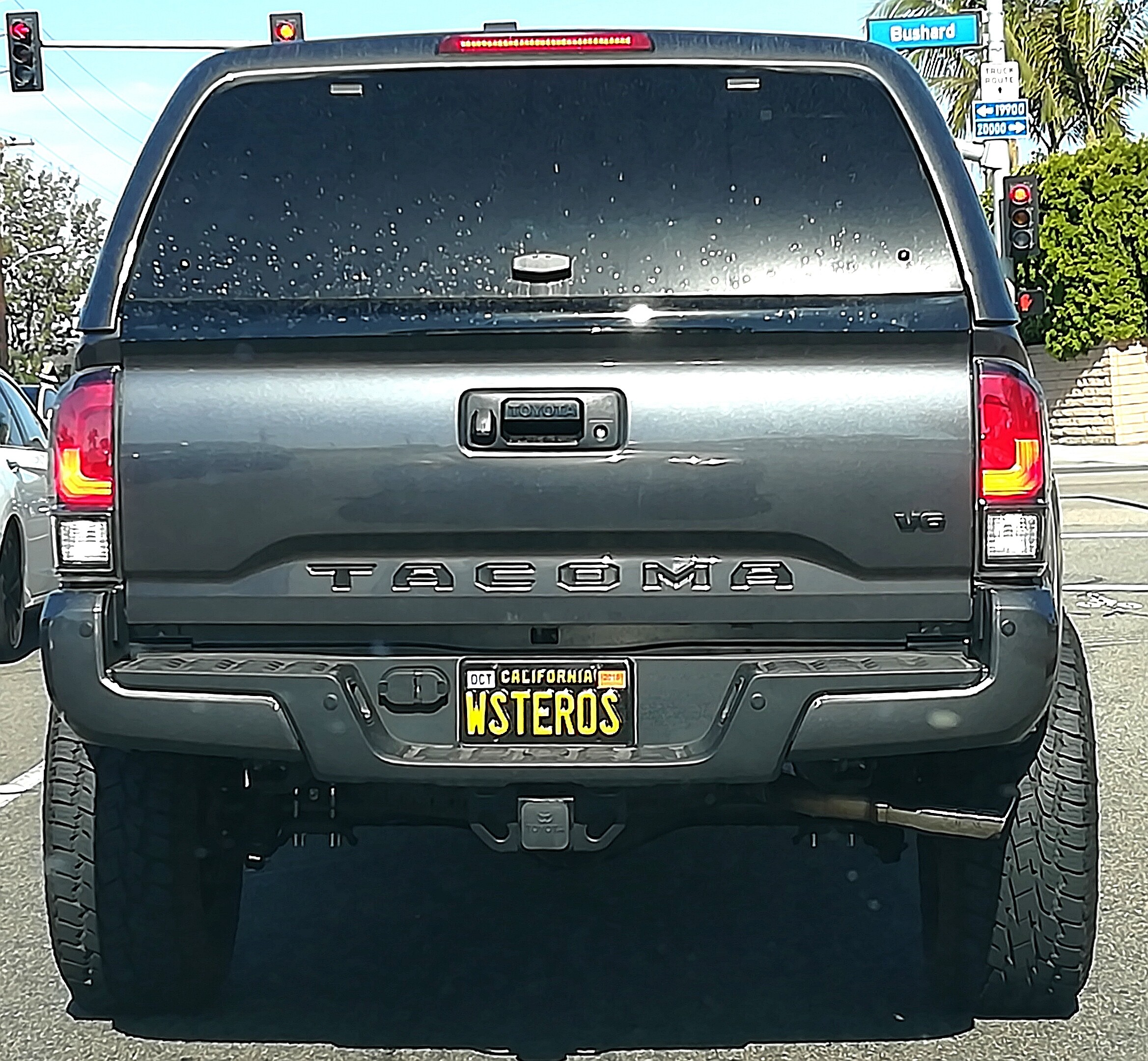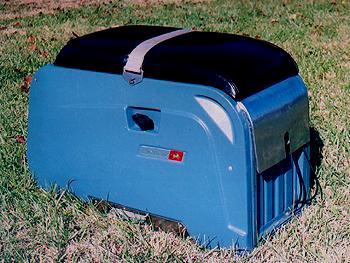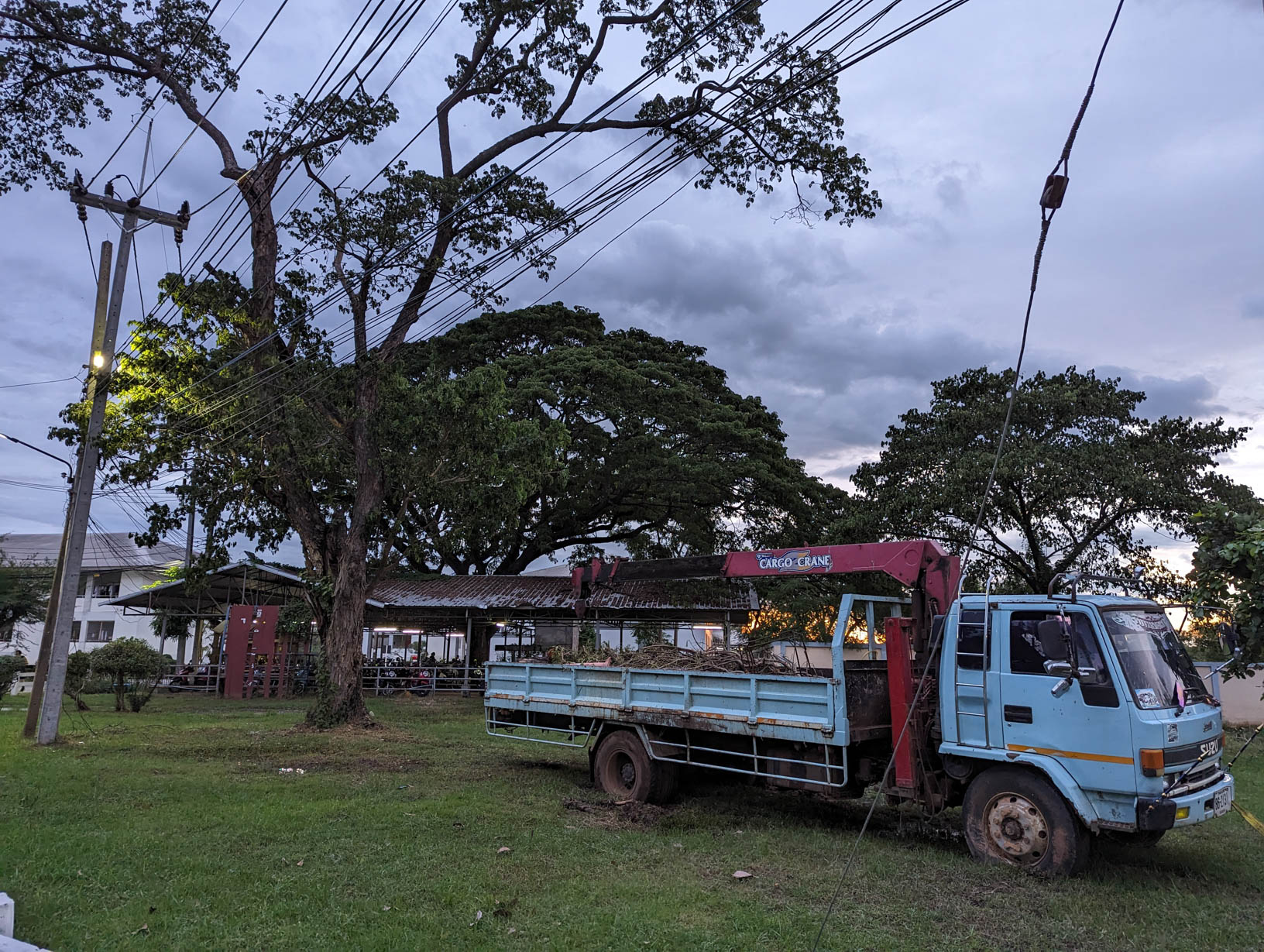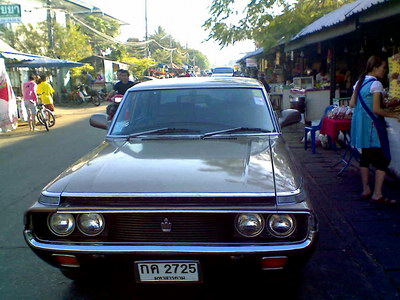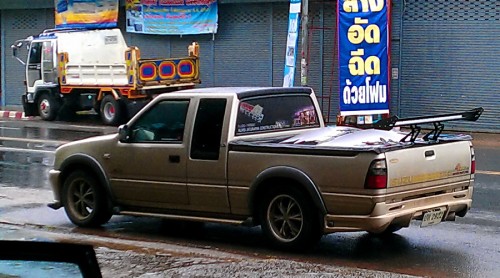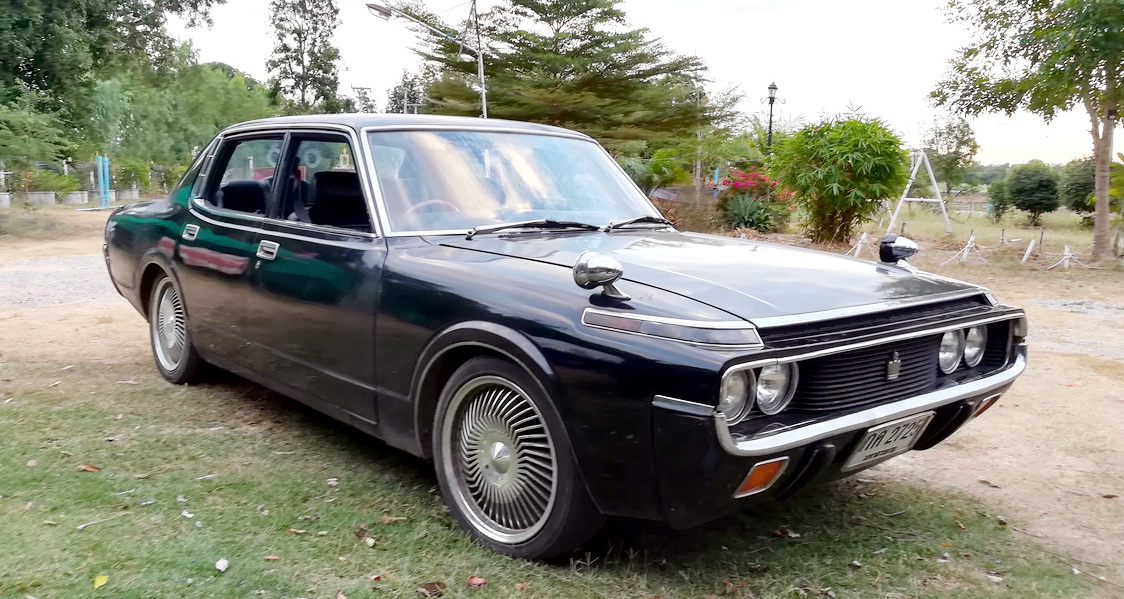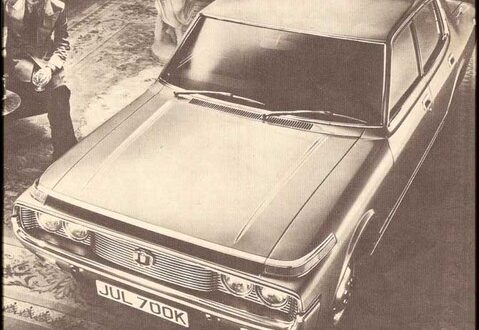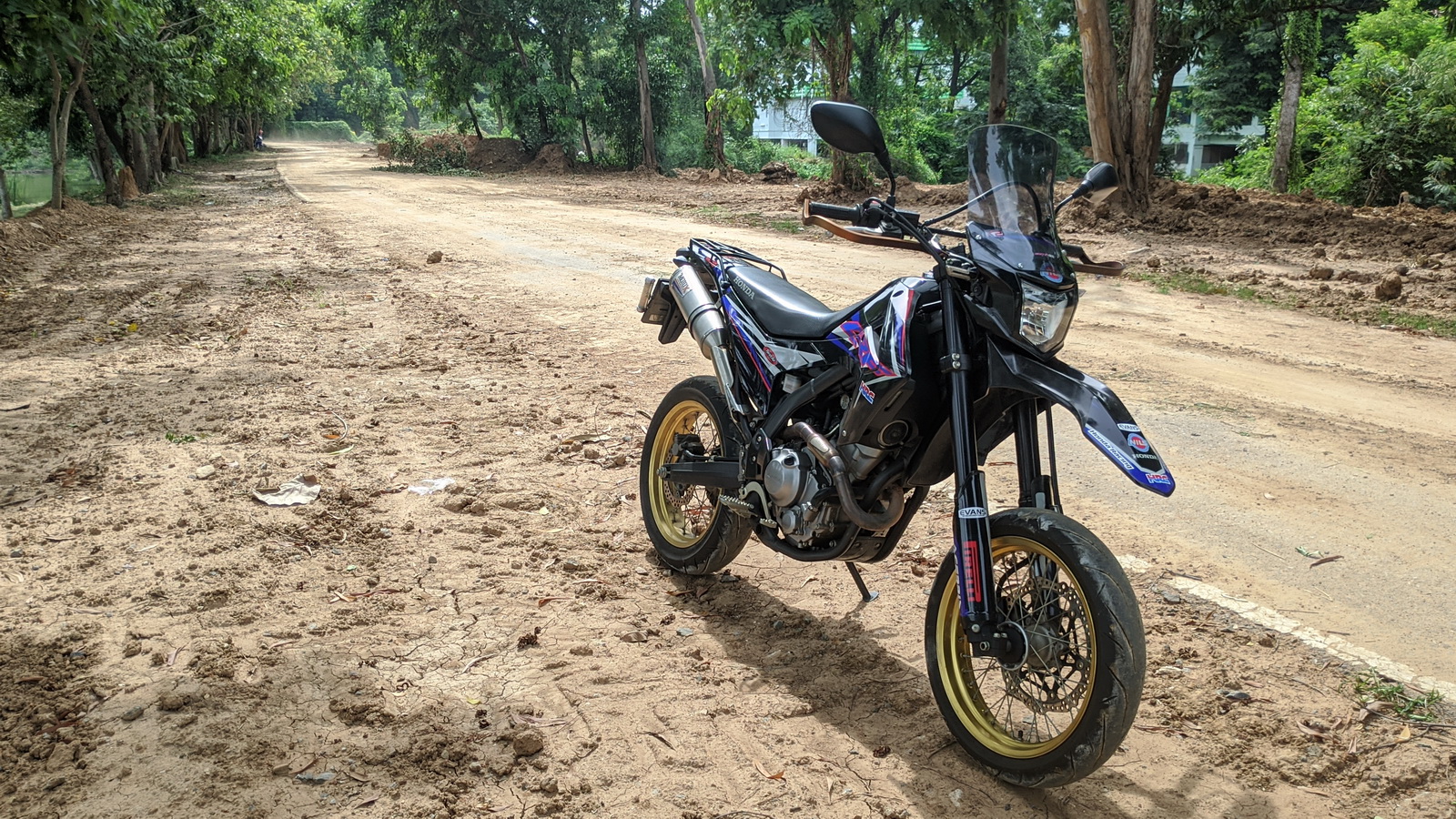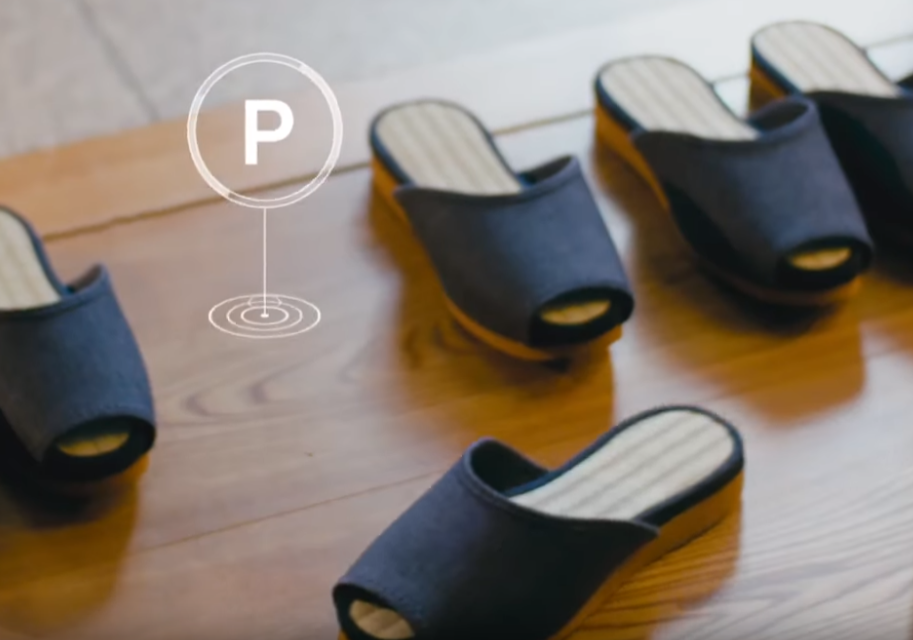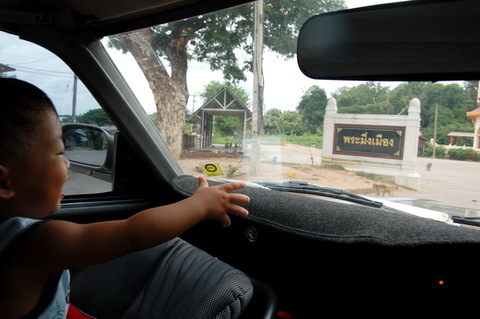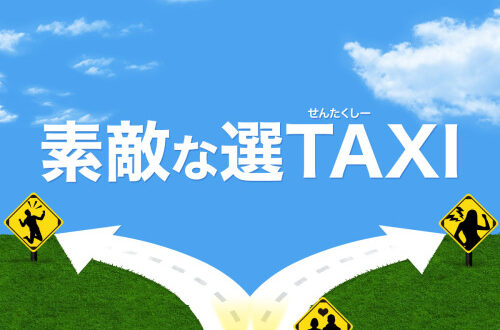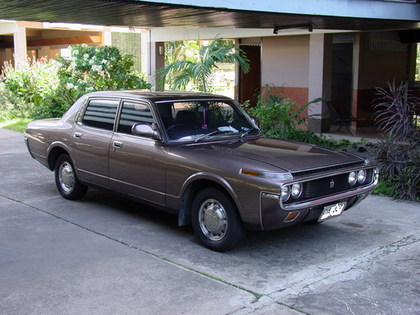Cars
-
RIP Gaijin Shacho Hero Dude
Dear Nissan,Now that you have ousted Carlos-sama, can you please stop making horrendous cars?For example, no Skyline is worth a million dollars. Period. But this isn’t even trying: Now, it’s rumored that you gangstabbed your Caesar in the back because he wanted to fully merge Nissan and Renault, but really, at this point you need to look at Renault’s current product lineup compared to yours. Although many Renault products look quirky, they are at least generically modern, while Nissan’s look like they were designed in North Korea: It’s not necessary for you to compete with everybody on all fronts, but please, stop making ugly-ass cars. Please go back to your…
-
Nice stance…
The plastic wing mirrors are a pet peeve tho. Needs a whip antenna… and just where is the edge of the front door?
-
Dajiban Glory
Road & Track published their first cool story online, maybe ever: The Glorious Madness of Japanese Dodge Van Racing If I were still in Japan, I might be into that… Different and kinda expensive, but not overly weird. Then again, I think about my homie that drove around a Suburban and was constantly getting stuck parking spaces, narrow streets, and once, even a car wash, and it might give me pause. Still… Those oversize Watas are pretty awesome. Check out the drifting from around 9:10!
-
Classic JDM Cars in Thailand
Note: My Kujira Crown is still running strong and you can find every post on it by browsing through my Cars category. Recently, there have been a lot of interesting JDM classics popping up in my Facebook feed for sale in Thailand. There’s nothing I would consider buying as most of the sellers are just asking for way too much, but it’s interesting to see these cars are still somewhat maintained. Here’s a few that caught my eye last week. The HiJet is nearly identical to the one I had at university, except the one pictured has a sunroof. I rode this car so hard and created so many legends…
-
Cool PEA Truck
Old iron on the road gets harder and harder to find every year, but the Provincial Electricity Authority still has a fleet of classic cherry picker trucks from Japan.
-
GOT Tacoma?
Mad props to this guy… Dickon mos def. As a side note, these retro color scheme (yellow on black) license plates in CA are super popular, but seem strange to me when put on new cars.
-
PCH Glory
What I wouldn’t do to bring the Crown here someday… My brother in law bought a cherry ’64 GTO convertible with a nice crate V8, perfect inside and out, and all I could think was… I miss my Crown.
-
America Has Fish Sauce
But there are so many basic types and specific variants, as well as imported and domestically produced brands, it’s mind-boggling. Referring to any specific type as just “fish sauce” could be quite disastrous, depending on the context (who put pla dak in the nam pla?). Bonus shot: Ultra dope station wagon in the Costco parking lot.
-
Auto-parking Slipper Resort in Japan
Alternate usages: Segways for cats (light load bearing) Go Go Gadget Rollerslips (heavy load bearing) Tech-enabled procreation aid for rapidly aging population (G Parking) Ad-hoc conveyor sushi party set I wish Nissan would quit spending resources on clickbait and just make better cars… My RB-20 cries itself to sleep every night knowing that its great grandkids are (under) powering ugly hybrid bimbo boxes with whiny CVTs and ridiculous start/stop features.
-
The Defiant Ones
Took me a while to get around to it, but this is the best documentary, ever. So, so many memories that basically defined my entire youth. In the whole series, there is exactly one album I don’t own, and I’ve used every hip hop album and artist mentioned in a mixtape or live set at some point (oh the time I had before we had kids lol). I kept buying CDs long after Napster and Audiogalaxy, mostly because of the huge difference in sound quality those days, but I’ve only averaged about one or two per year in the past 10 years. And I still load the Chronic in between…
